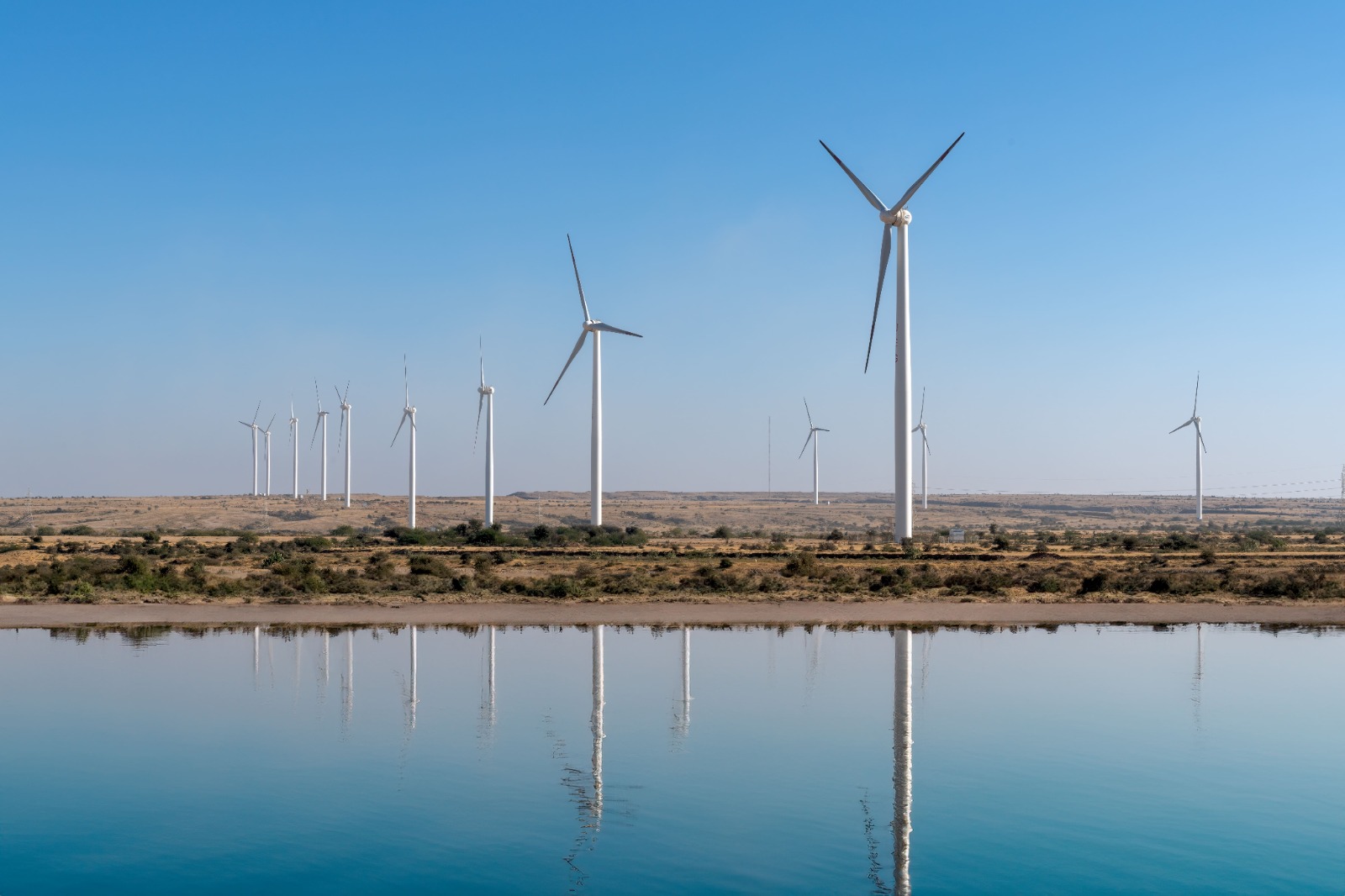A “Running Start” Through Country Platforms

For nations on the frontlines of the climate crisis, vulnerabilities stem not just from exposure to climate impacts, but also the high debt burdens and limited fiscal space that hinder their ability to build resilience and achieve economic growth. Despite needing USD $490 billion to build resilience in these countries, current financial flows stand at just USD $90 billion – five times less than what is required. As such, a flagship initiative of the CVF-V20, Climate Prosperity Plans (CPPs), seeks to pave a transformative path for member countries by positioning our nations as investment hubs.
Climate Prosperity Plans
CPPs serve as investment strategies that address specific vulnerable conditions in each member country. They seek to drive green economic transformation, unlock innovative climate finance, mobilize private capital and support the development of climate risk management and insurance solutions.
CPPs are not just stand-alone investment strategies. The CVF-V20 Secretariat works with finance ministries and government agencies to align CPPs with existing development plans, Nationally Determined Contributions (NDCs), National Adaptation Plans (NAPs), Long -Term Strategies (LTS) and other sector plans. Looking beyond low-carbon and climate resilient development, CPPs are a multiphase national investment and technology access strategy that aligns development priorities with climate goals and nature conservation.
Country Platforms
However, ambitious goals require the right foundations in order to deliver results. This is where country platforms support the “running start” required to unlock new types of capital and reallocate capital for lower transaction costs and more responsive financing solutions.
Country platforms gained momentum in recent years, particularly following COP26 where South Africa’s Just Energy Transition Partnership was launched. It is an emerging tool that aids in addressing sustainable development challenges by convening a broad range of national stakeholders who can assist in identifying national priorities and developing strategies to achieve targeted goals. However, it is important not to create a parallel process, but rather embed in the government and strengthen national institutions.
The CPP process supports member countries in establishing and strengthening institutional arrangements such as country platforms. It is a government-led approach that emphasizes national institutional strengthening, mobilizes resources and fosters collective action by encouraging sharing of best practices and collaborative innovation alongside traditional funding channels.
Country platforms receive country-demanded assistance including support in macroeconomic modelling, investing in national skilled teams to lead project preparation, early stage capital mobilization, financial structuring and transaction advisory services and assistance with the preparation of requisite documentation to access vertical climate funds and other relevant trust funds.
Country platforms also serve to address the fragmented approach to funding by transitioning to programmatic approaches that are country-owned and responsive to national needs. In its implementation, Finance Ministries will act as the lead institution for such country platforms, working in close collaboration with other relevant institutions.
This set-up aids in facilitating coordination across sectors including the private sector, civil society, academia and other relevant stakeholders to improve access to climate finance and strengthen the capacity of V20 countries to implement their CPPs.
This article is featured in our May newsletter. Click here to read the full issue.
